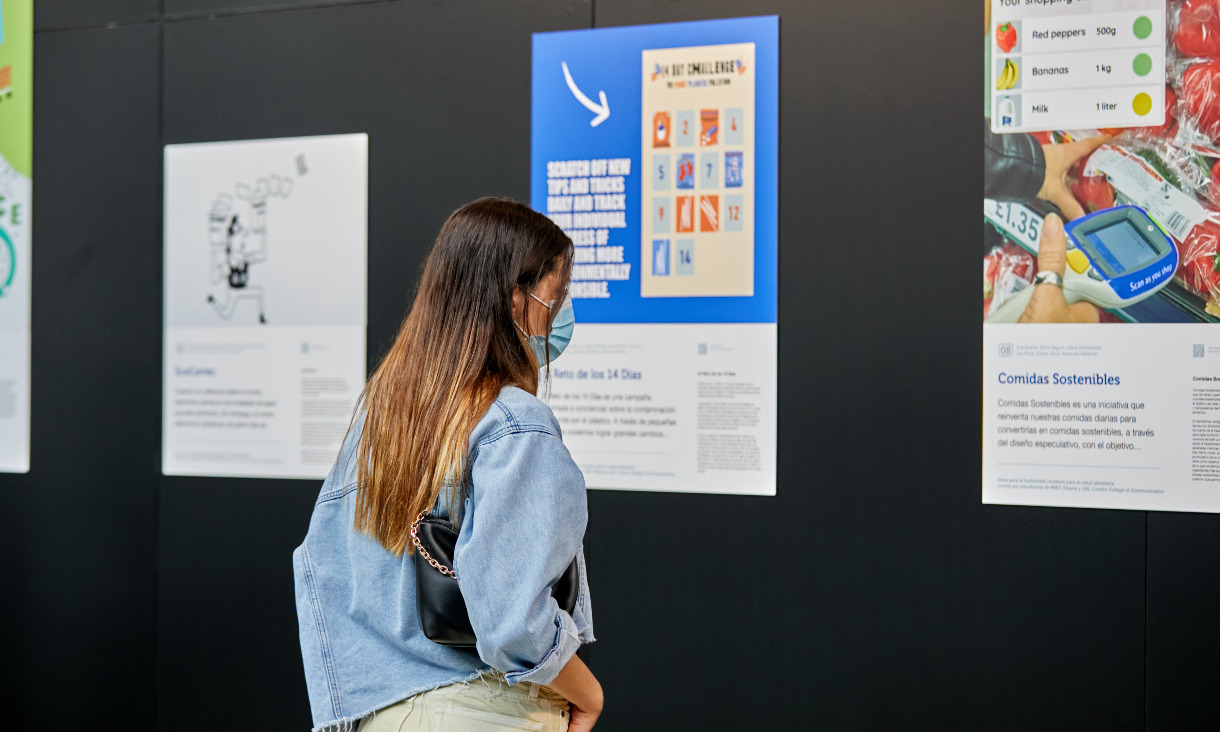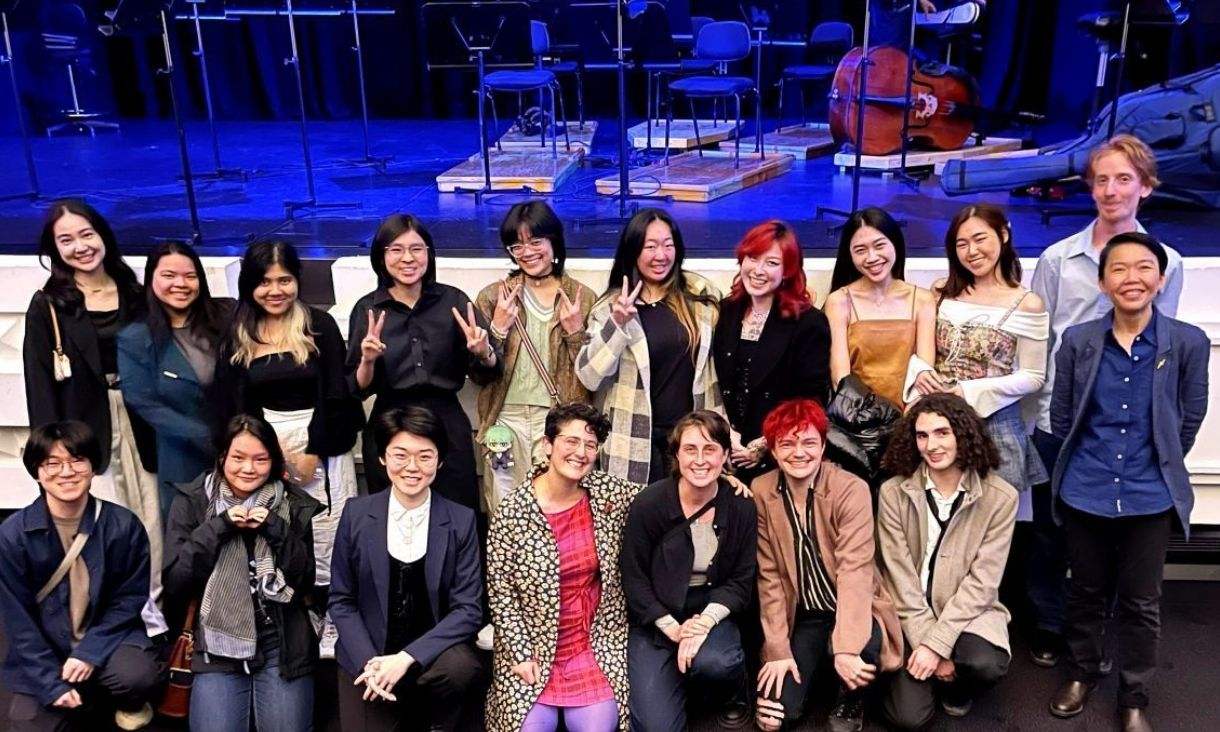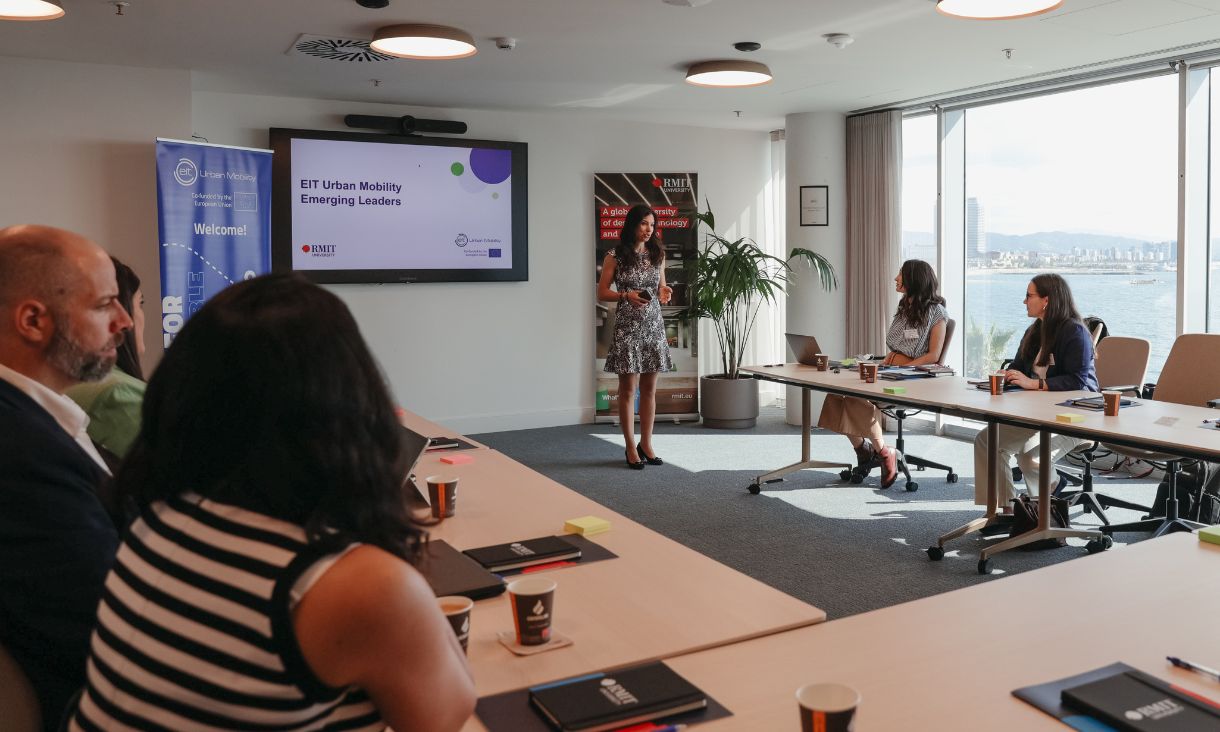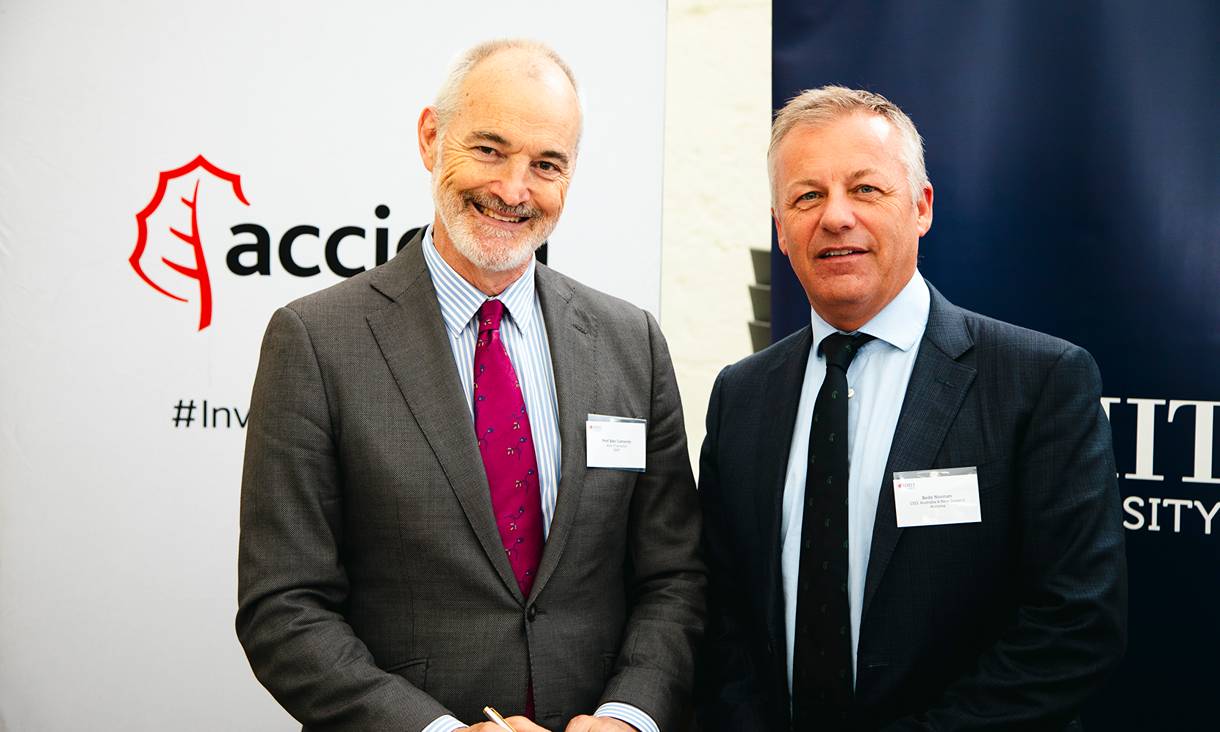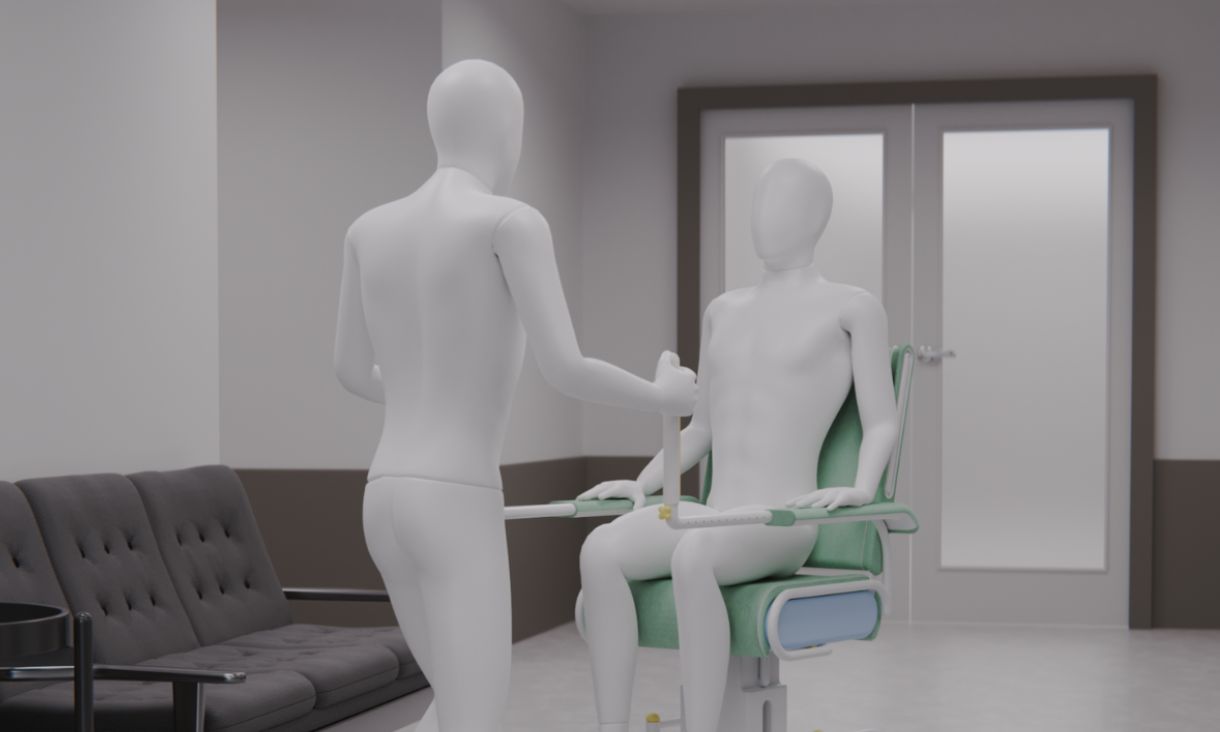RMIT’s Blair Wilde explained how the students worked in cross-institutional teams using design methods to propose seriously playful provocative outcomes to major risks in our interconnected ecologies.
"This approach enabled students’ local knowledge and field research to really come into play – working across borders, practices and time zones," he said.
Eva Verhoeven, Gareth Foote and Joel Karamath, who led the students at UAL/LCC, said that the studio was geared towards thinking and acting positively, as well as enabling people.
"The result is many different ideas sitting together in one space – ideas that will resonate with different communities and with step-by-step approaches to what can be done to improve our planet as well as our immediate surroundings and circumstances," they said.
RMIT student Chelsey Connor said that the two-week sprint element of the studio as well as working in a team across multiple time zones made it a unique experience.
"Having access to people from so many places, particularly in this current time, gave me the opportunity to have these connections despite the pandemic – and I really loved having this experience," she said.
Ideas for Humanity: A cookbook for planetary health is the third global design studio, following studios on playable cities as well as microcultures microplastics with university partners including UAL/LCC and the Danish School of Media and Journalism (DMJX).
With planning underway for the 2022 edition, RMIT’s Neal Haslem, Associate Dean Communication Design, said it’s a model that works with diverse institutional design teaching organisations.
"It can work within and beside existing programs in a really useful way with an emphasis on collaboration, learning, engagement, meeting new people, great ideas, optimism, as well as the enjoyment of working together," he said.
The Ideas for humanity: A cookbook for planetary health exhibition in Barcelona was presented thanks to supporting partners Roca Barcelona Gallery and the Barcelona Centre for Design, as part of Barcelona Design Week ’21.
Watch a recording of the exhibition launch event in Barcelona
Story: Karen Matthews

